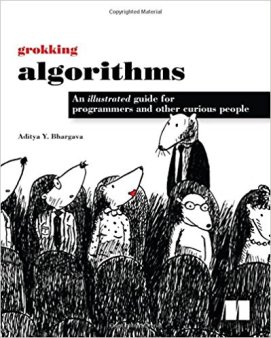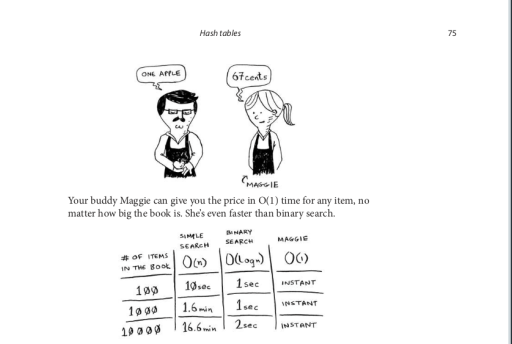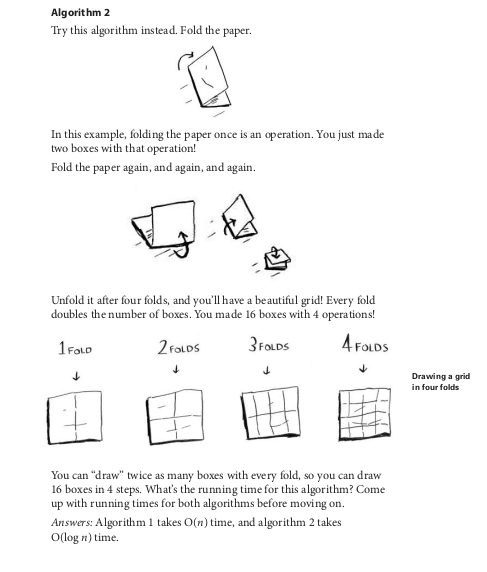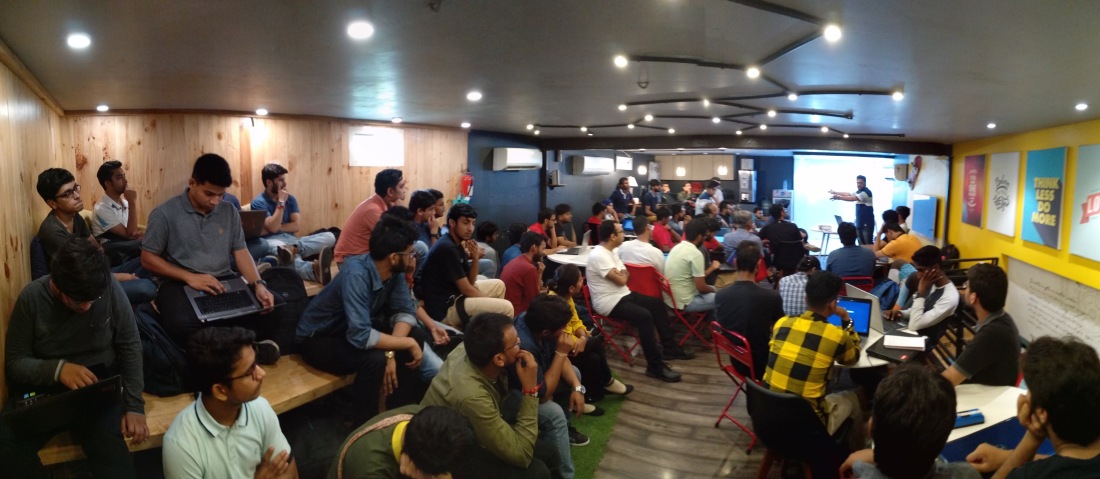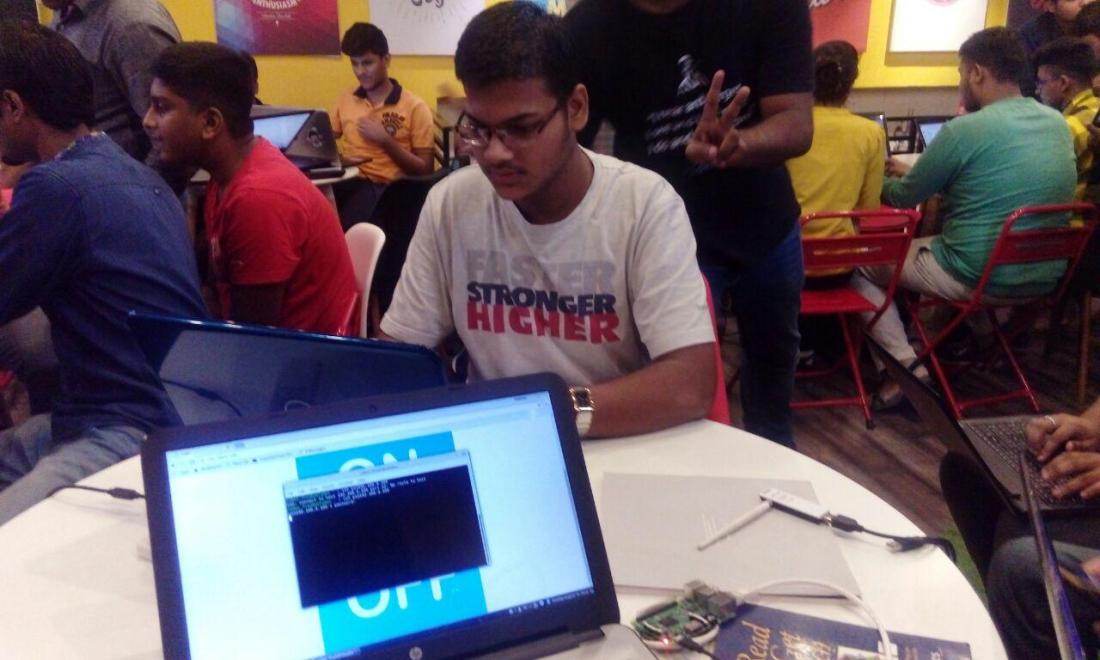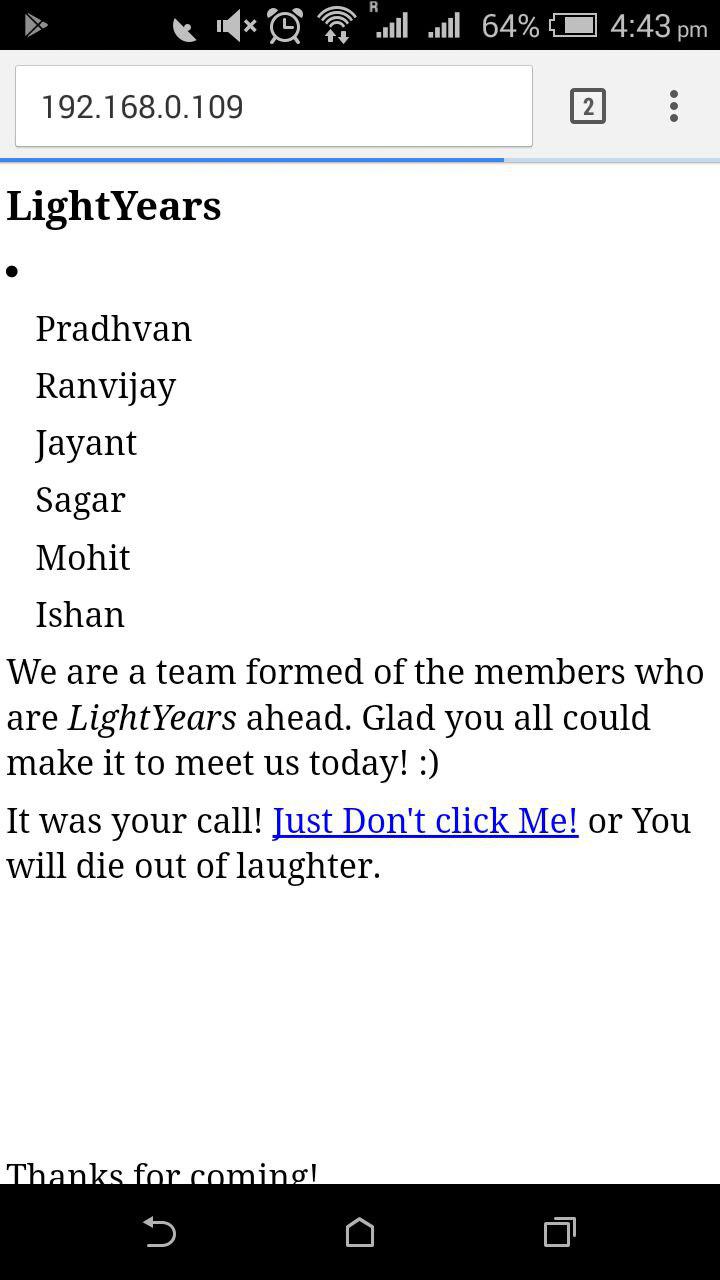Hello ! Since most of you know I recently started working as a full-time developer, I did write a blog about it too “Makings things count” if you want to read about it, I would link it here. This is just a life update after five months into the job.
This won’t be a technical blog but moreover some life lessons that I took from people around me. People might think this blog is bit obvious and simple. Yes, these things are simply not but not easy and sometimes in the midst of daily rush we just tend to ignore the most obvious things.
So here are some things that I think everyone who just started out or is about to start his career should definitely think though. If you’re one of them happy adulting 🙂
Get used to being bored: When your free trial of life expires you do have to think about a lot of stuff before making any major life decisions. So most of the time you might find yourself doing mundane tasks just because the output of this task can help you move to the place you want to be in life later, this might your first job that you thought was cool but later turned out just boring or a lazy Saturday afternoon where you could easily binge some x show but instead you are doing errands. The point I am trying to make is that it’s okay if you feel bored. What’s not okay is that you’re not putting enough effort to get out of those boring situations where you have control over.
Improve Daily: People who get used to being bored for the situations they could have avoided or can avoid if they put in enough efforts don’t think of self-improvement much. Committing to even 1% of work daily can help you a lot in the long run than doing nothing daily and to do that you need to build a consistent system in the right environment. This could apply both where you live and where you work. Talking from personal experience the place where you live or spend your time after work matters a lot at least for me because it would be the only time you can spend on yourself to plan out what can be done, actually work on it even it’s 30 min a day to 2 hours a day. Some peacefull work done can do wonders if you do it consistently.
For example, the first place that I use to stay with I shared it with people that I did go along well with but did not share the same ideology was a total disaster for me. Most of the time at home it would be a hard time for me to work on myself with all the nonsense that I had to deal with. Trust me on weekends that would reach over the top, so I eventually decided to live alone it was costly but I did manage but lost all my savings in the process. It but that did not help either though, initial days were okay but it got depressing very soon. Later it became a pain dealing with mentally. Luckily I found a place decent enough with the like-minded people.
So from the past few weeks I have been able to give some time on improving myself, it’s not much half an hour to forty minutes before work and an hour and a half after work. But I bet it would add up to a lot in the long run. Plus hopefully I would continue writing regularly, I have started making notes just to keep up with writing part. Who knows, I might format them properly and with some personal touches put them up as blog posts. For now, they are just markdown file in Github.
Make compound interest your friend: A friend of mine recently told me that savings are like a hole and your income shovel that helps you dig it. I guess he did use that analogy because during some rough time your life it would be that hole that you use to hide and wait in for the rough time to pass. It would be up to you how big of a hole you want to dig so that you can comfortably sit and wait for the chaos to settle down on the surface. I am among the few lucky ones that got to know this at an early stage of my career so that I can start digging my hole however deep I want.
For all the people who are just starting out and reading this, I can’t insist enough more savings. Start saving early. Rest would be taken care of by the compound interest.
Stay Motivated: Small wins and small achievements make big wins learn to enjoy them so you don’t get demotivated or disappointed. Sometimes it’s not you it’s your system so you should always improvise on how you do things in a particular environment and try to build a system around the most productive environment. Your small efforts are not noticeable most of the time, it takes some time before you realize that you are actually doing something good, so just stay keep working 1% every day.
Love your job, not the company: Recently I read some conversations on #dgplug which made me think, the reason I work is mainly to be better at my job, grow in the field of interest I want to be and to save so I can dig up the savings hole how I want to be because this savings money would not only help me in rough times but would also help me in fulfilling my long term goals that require some large amount of money. If I sucessfully do these three things I would be happy. I can improve my skills by working on them consistently but to move in the right direction I would obviously need an environment where I would showcase my skills hence relevant work and get paid so I can fulfill my dreams plus can constantly increase the size of the hole.
So if you’re shovel is not helping you and you’re getting a better environment somewhere else with a bigger shovel to dig the hole you should take it if it’s possible and you should not put emotions into it.
By this, I am not saying change your job every second month just be curious and clever, improve daily. Just appreciate what you do and do it with uttermost passion.
